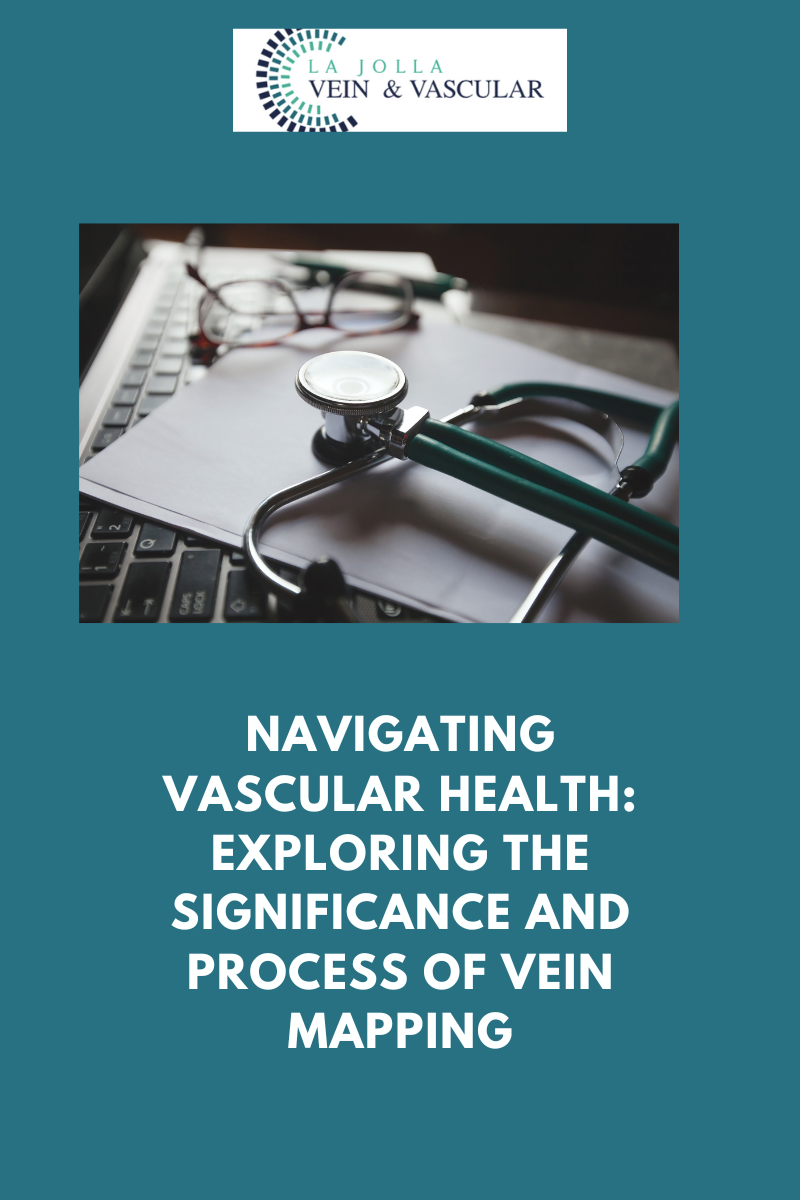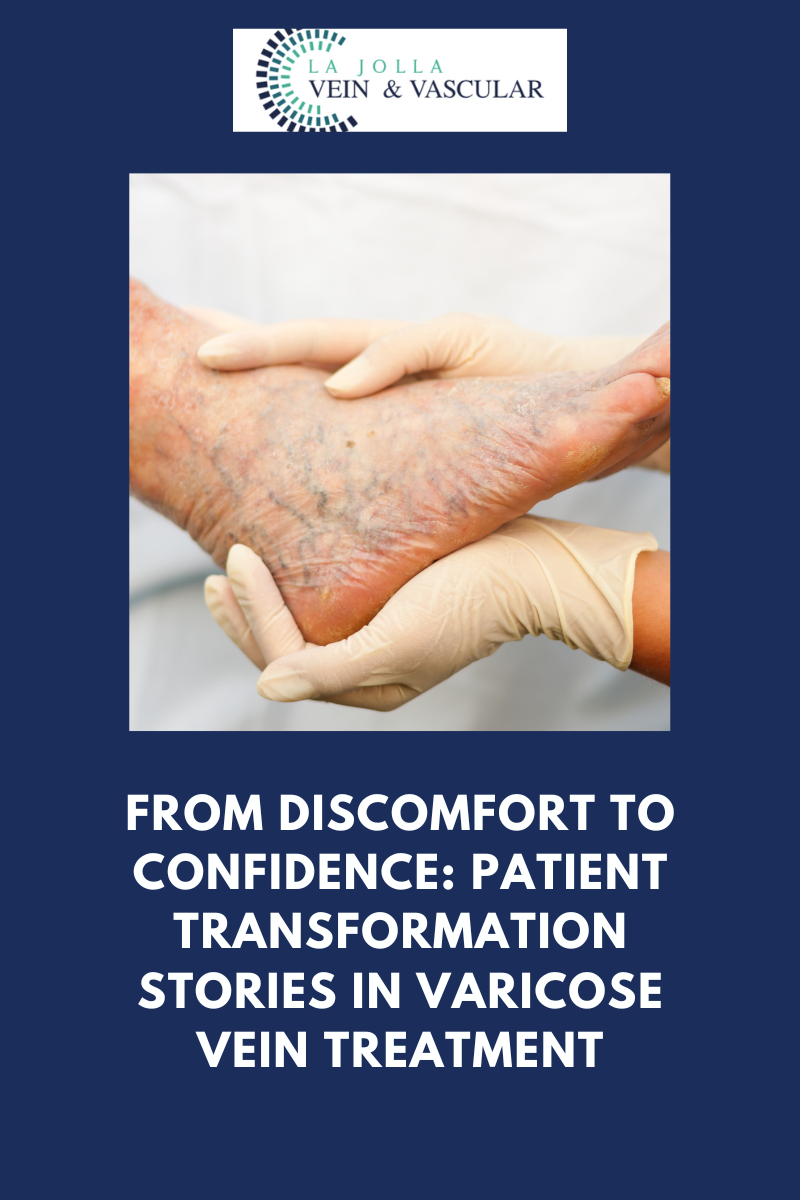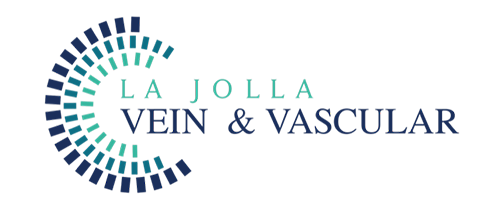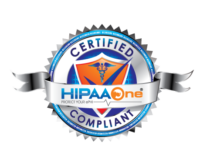Correlation Between Restless Leg Syndrome and Varicose Veins
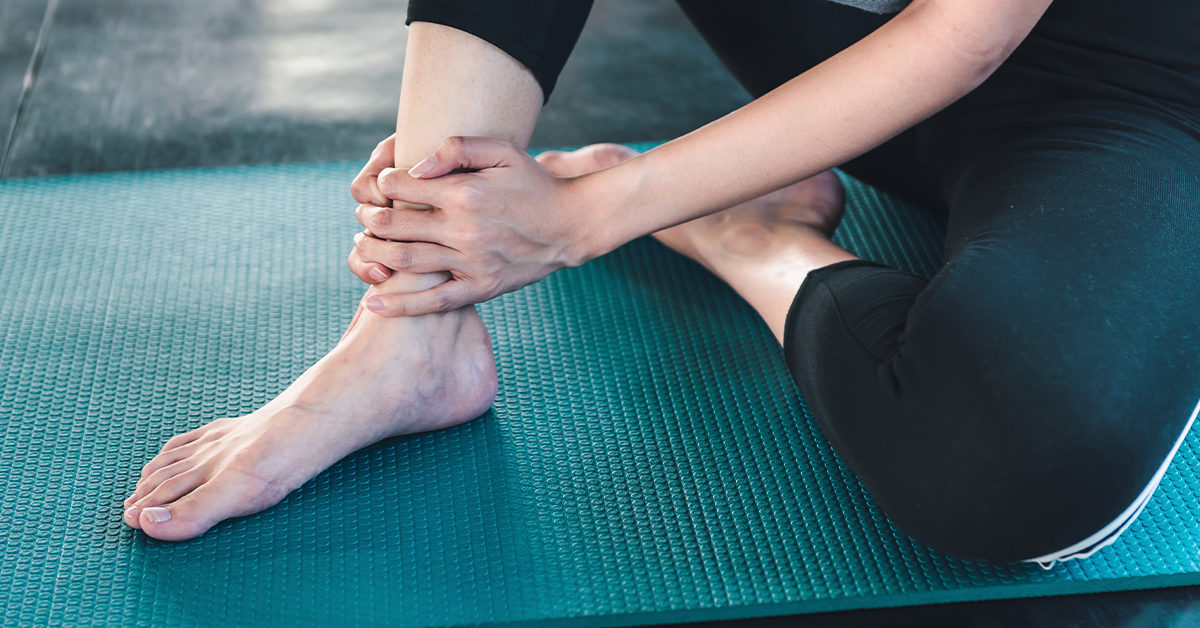
RLS is often felt to be a neurological problem that is treated with medication, but there are other causes such as thyroid disease, anemia, pregnancy, and varicose veins. RLS is actually common amongst patients with varicose veins. La Jolla Vein Care’s Dr. Bunke completed a clinical study at UCSD along with Dr. Maria Alfaro, MD evaluating the correlation between restless leg syndrome and varicose veins. Eight patients who had restless legs syndrome, and underlying venous insufficiency were study. These patients underwent treatment of their varicose veins either with foam sclerotherapy or endovenous ablation. All patients had either resolution or improvement of their restless legs symptoms, eliminating the need for neurological medications. The impact of this study is that all patients with RLS should be screened for venous disease clinically by their doctors. If they have signs of venous disease such as varicose veins, Dr. Bunke recommend an ultrasound evaluation. ‘If RLS symptoms are related to varicose veins, it is correctable by treating the varicose veins, eliminating the need for pharmacologic therapy in many patients and a better nights sleep,’ says Dr. Bunke.

